Styxx was one of the first places Tim LaBerge says that he was able to “let my guard down.”
The 25-year-old from South Portland came out as gay about 2 1/2 years ago. With no gay friends, he felt somewhat lost until he found Styxx, a night club on Spring Street in Portland.
“No one is there to judge,” LaBerge said. “It provides a more personal connection, that I feel you lose with online dating and all the other dating apps my generation uses. After this election, a lot of people in the community feel vulnerable, so having a safe space is so important.”
Many in the local LGBTQ community will be losing one of their safe spaces after New Year’s Eve, when Styxx is scheduled to close. Bigger than a bar, with room for 300, Styxx is Portland’s largest gay nightclub. It has been a safe haven, political rallying spot and a source of strength for the area’s gay, lesbian and transgender communities for 35 years.
Beginning as The Underground in 1981, the club became known for its dance deejays, massive dance floor, drag queens and campy stage shows. Bouncers would walk people to their cars late at night, as anti-gay slurs were hurled by drunk passersby. It was also known as a place to go to rally people for gay rights and other causes. Dances, pageants and other parts of the area’s annual Pride celebrations have been held at the club as long as anyone can remember.
The closing of Styxx is heartbreaking for those who remember when it was one of the few places gay, lesbian and transgender people could feel safe for a night out in Portland. But as society has become more accepting, people in the LGBTQ community have more options for a night out and for meeting people. Online dating and dating apps have also contributed to dwindling numbers at gay nightclubs, which are closing all over the country. Some worry that even as people find it easier to dance and party wherever they like, the safety and comfort provided by a gay nightclub can’t be replaced. And given the recent election of Donald Trump as president, the loss of Styxx could be felt even more acutely.
“There will be a tremendous hole in our community. That club has been around for so much of the progress we’ve made as a community,” said Chris O’Connor, 43, who has deejayed at both The Underground and Styxx, and is development director for Equality Maine. “Times are a little scary now. Post-election, many people in our community are more concerned with public safety. (Gay clubs) are part of our history and our culture. They were the one place people could come and have fun and dance and not worry about being oppressed. I’m sad for the young people who won’t know the kind of power a place like that can have.”
AN OWNER HANGING ON AS LONG AS HE CAN
On a rainy Tuesday night, Styxx owner Josh Moody was chatting with three or four regulars at the bar. They all said Moody, and the welcoming vibe he radiates, is the main reason they come to Styxx.
John Larochelle, 26, calls himself the club’s “resident straight guy.” He started coming to Styxx because it was more fun, more about dancing and less about “hooking up” than other clubs in the area.
“It’s a very comfortable place, for everyone, and that starts with Josh,” said Larochelle, who lives in Durham. “He might have been able to keep it going with a different business model, trying to attract a different crowd, but that would change the place. He kept it going as long as he could, for the people who love it.”
Moody, 36, grew up in Warren, near Rockland. He lived in Colorado for a while and began working as a bartender at Styxx soon after moving back to Maine in 2004. He bought the club in 2009.
Moody says the main reason for the closing is the steady decrease in business over the years, as people find other ways to meet people and find new places to have a drink. He’s not able to keep up with the Old Port rent, taxes, insurance and other expenses.
It’s not just a question of getting people through the door. There’s no cover charge at Styxx, so the money is made at the bar. Years ago, in less accepting times, people would spend their whole evening at The Underground/Styxx and spend their money on drinks. More and more, it seems people eat or drink somewhere else then come to Styxx late, just to dance, Moody said.
“There was a Saturday a few weeks ago when we were packed, but my bartenders had nothing to do,” said Moody. He also said the club’s size can be a problem. It’s so big that with 50 people it can look empty. And people looking for a fun night out don’t want to go to a club they think is empty, he said. Based on business, he said, he probably should have closed the club a year or two ago.
“I’ve been trying to keep it going for everyone in the community, I just didn’t want to let it go,” said Moody, who has no specific plans for what he’ll do after the closing.
Styxx, located in a basement space, is no spiffy, shiny dance club. It’s got exposed pipes running along the ceiling and the floors are cement. It looks like somebody’s unfinished basement fixed up for a dance party. Its Facebook reviews are mixed, with some patrons loving the vibe and the people, others complaining that they were treated rudely or thought the place could have been a lot cleaner.
The area where Styxx is located, near the intersection of Spring, Middle and Temple streets, has changed a lot since the 1980s. Within a block or two are many new upscale restaurants, bars and shops, such as Urban Outfitters, Novare Res Bier Cafe and Starbucks.
After Styxx closes, a retail store will take over part of its space, according to Drew Swenson of Six City Center LLC, the building’s owner. He said plans for the other part of the Styxx space had not been finalized yet.
There are still other venues in Portland known for welcoming members of the LGBTQ community, including Blackstones on Pine Street, billed as “Maine’s oldest gay neighborhood bar” and Flask Lounge on Spring Street. Blackstones has been in business since 1987. Both are smaller than Styxx, though they have music and live entertainment as well.
A COMMUNITY WAS FORMING
Styxx began as The Underground in 1981. It was a time when gay men and lesbians in Portland were “beginning to come out of the closet and into the streets,” said Randy Scott, who started The Underground with Paul Hood.
“People were still in hiding, but the activism was starting,” said Scott, 62. “There was a need for a club like this, both as a safe place for socializing and dancing, and because there was a community rapidly forming.”
There were other gay bars, as now, but no real nightclub, Scott said. But it wasn’t just about partying.
In the 80s, when AIDS became rampant and gay men were dying, the club became a place for fundraising and for people in the community to come together and support each other, Scott said.
Scott and Hood ran The Underground until about 1994, when it was sold to Deb DiLuiso, a telecommunications software designer. She bought it with a co-worker, who didn’t stay involved, and ran it herself until 2004, when the name was changed to Styxx.
“I was just sitting there one day, I loved sitting at the bar, and the bartender said the place was for sale,” remembers DiLuiso. “So we decided to buy it.”
DiLuiso said that once she bought the club, more women starting coming in. The place already had a drag queen scene and pageants, and it was involved in various Pride celebrations and events.
Through the years Styxx has continued to be one of the first places where people coming out feel comfortable, like LaBerge.
Society is more accepting of the LGBTQ community than it was 20 years ago, and so there are more places to socialize, drink or dance. But LaBerge said he still doesn’t feel comfortable dancing with another man in other bars in Portland.
“I don’t know how other patrons may react,” he said. “Mix that with alcohol, and it might create a bad situation.”
Conor Tubbs, 29, grew up in South Portland and started working at Styxx when he was 20. He said during the time when he was “transitioning to who I was,” he found it crucial to be in a place like Styxx where he could talk to “people who’d been through it already.”
Tubbs tended bar at the club and performed in drag under the name Cherry Lemonade. In 2015 he was contestant on the TV singing show “American Idol” and held viewing parties at Styxx. Tubbs, who now lives in Brooklyn, New York, worries what Styxx closing will mean to the area’s LGBTQ community. People in the community still need a place to have fun and forget about life’s troubles, he said. And to find strength from each other.
“The younger people today may not feel the same need for a place like that,” Tubbs said. “But have we really evolved far enough in Portland where gay clubs aren’t needed? I’m not so sure.”
Copy the Story Link
Send questions/comments to the editors.


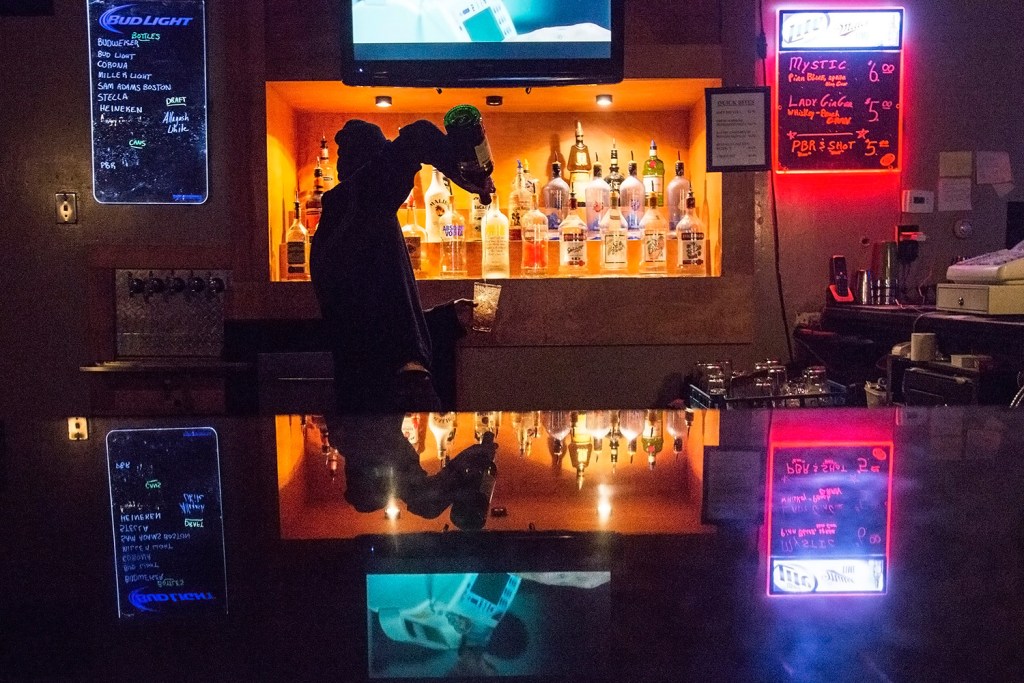
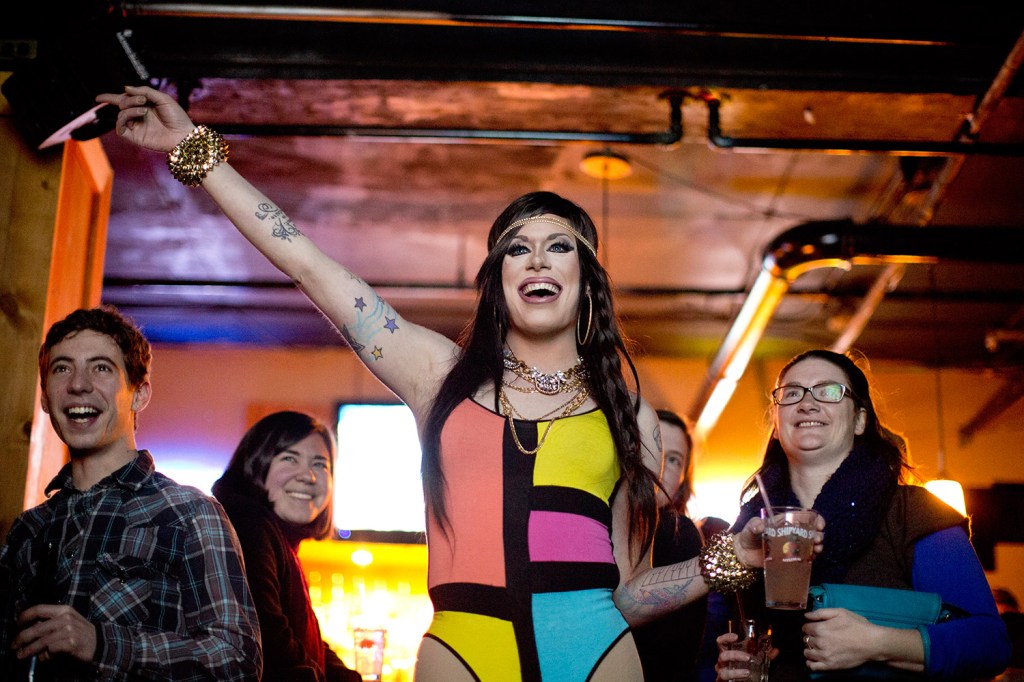
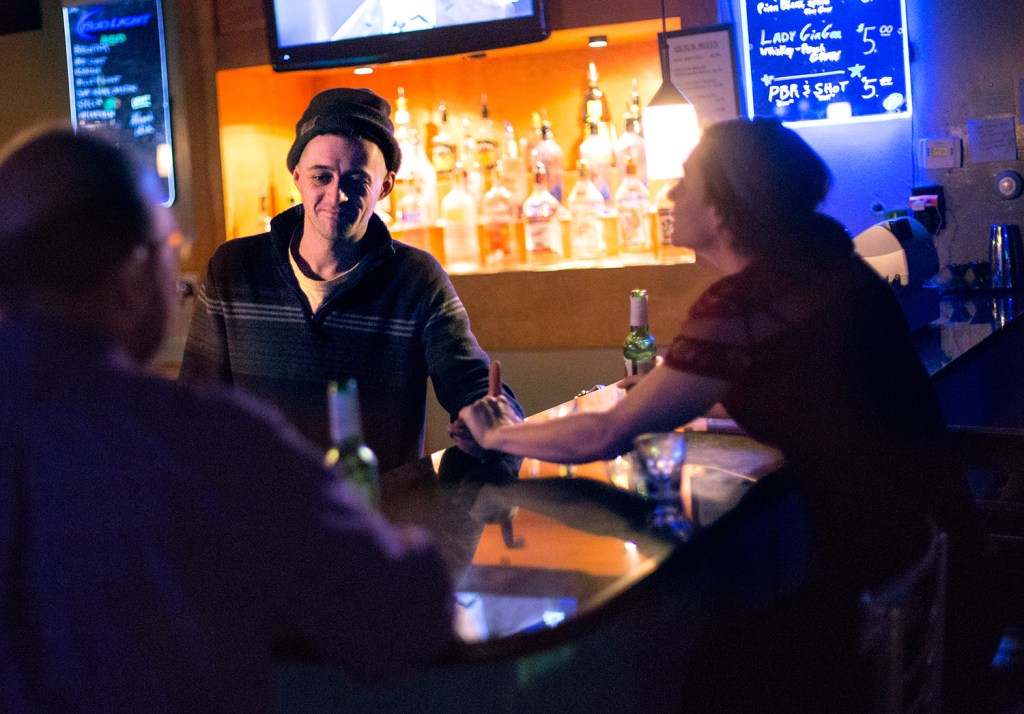
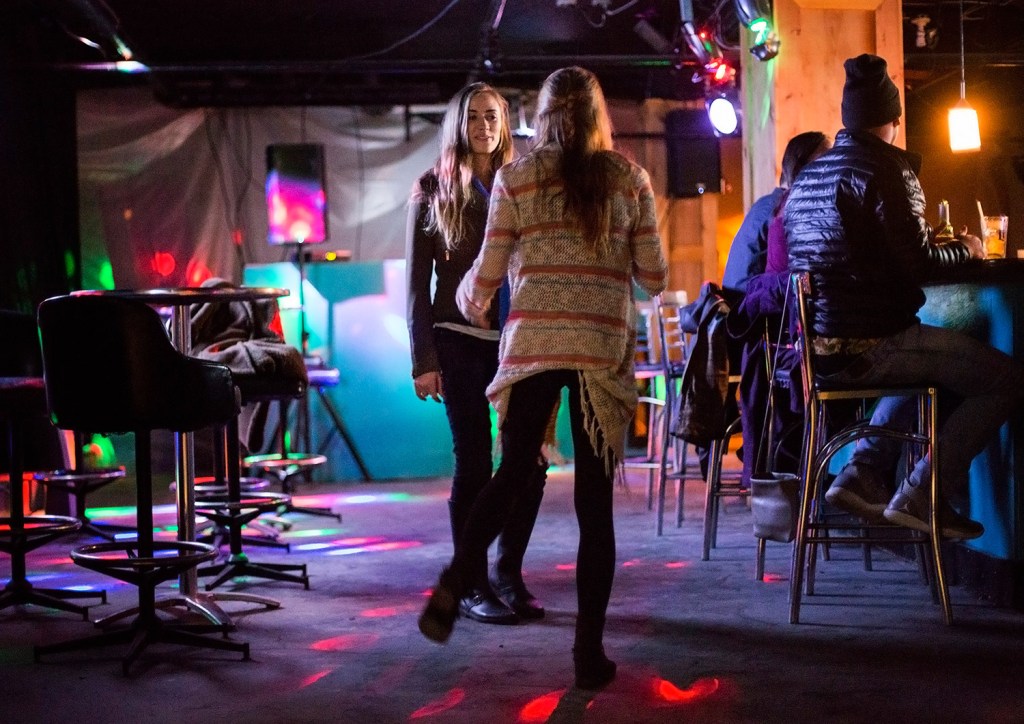
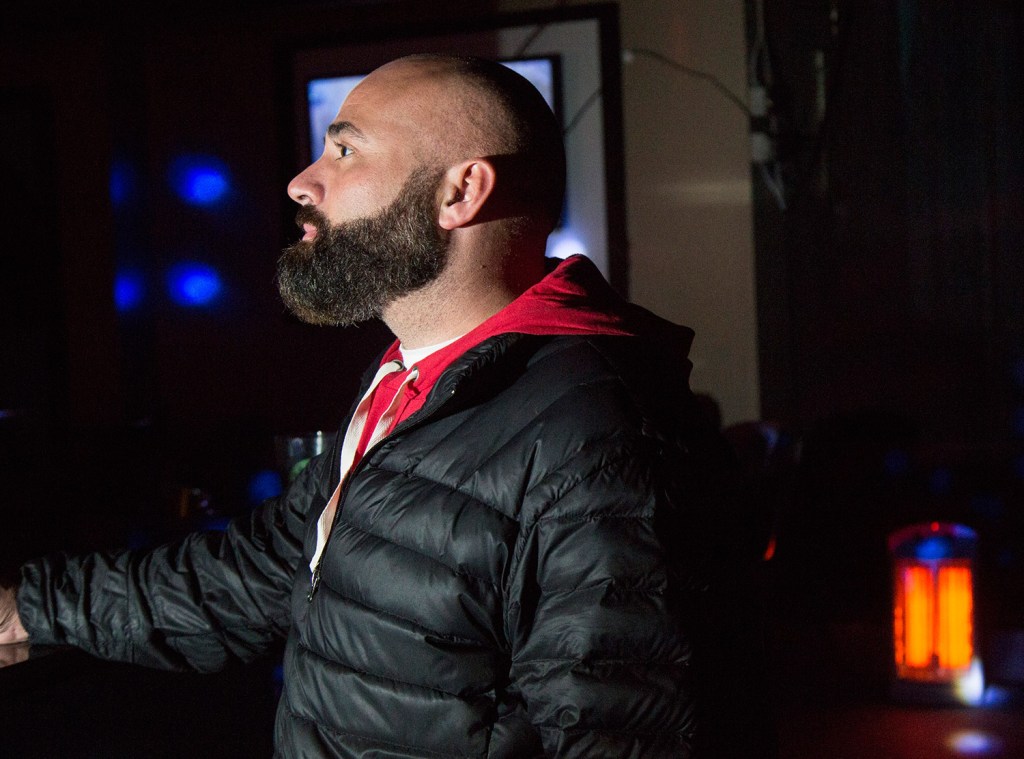
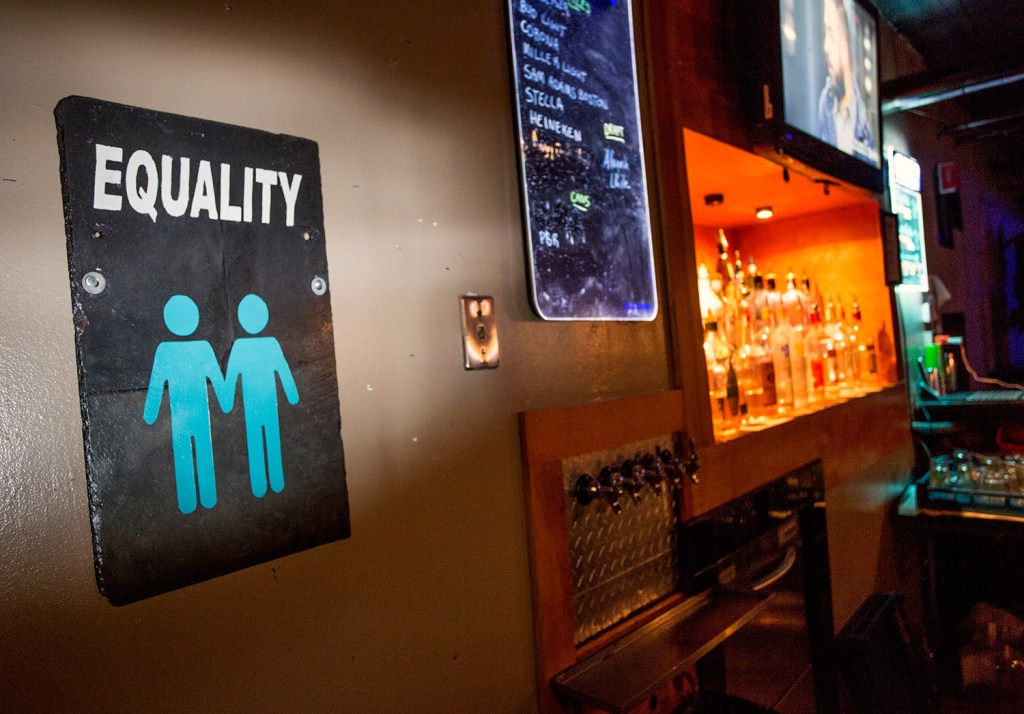
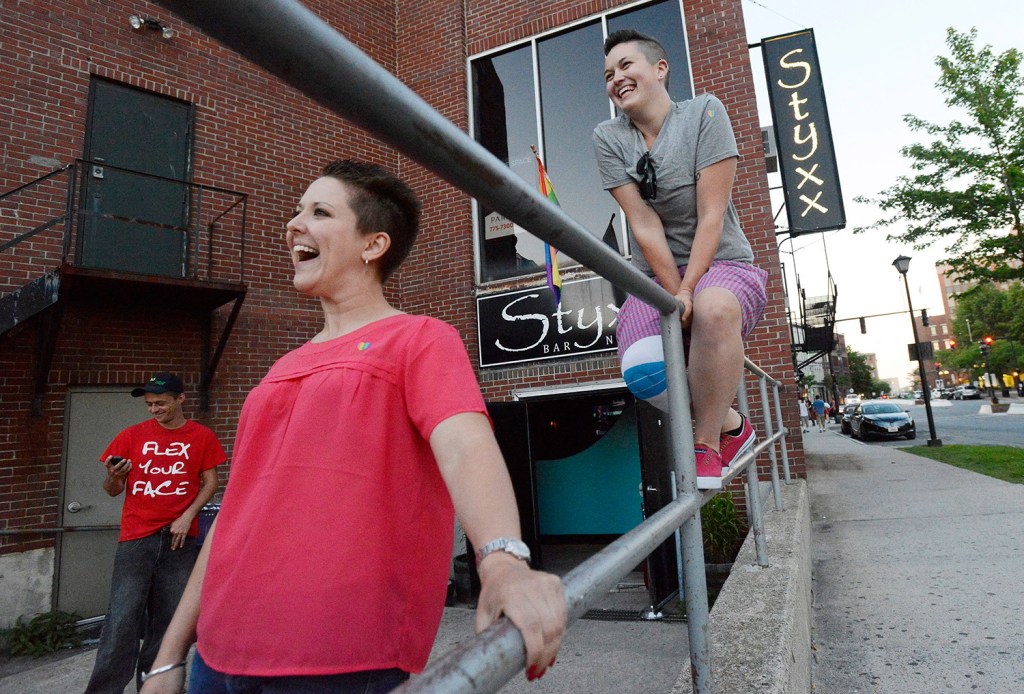
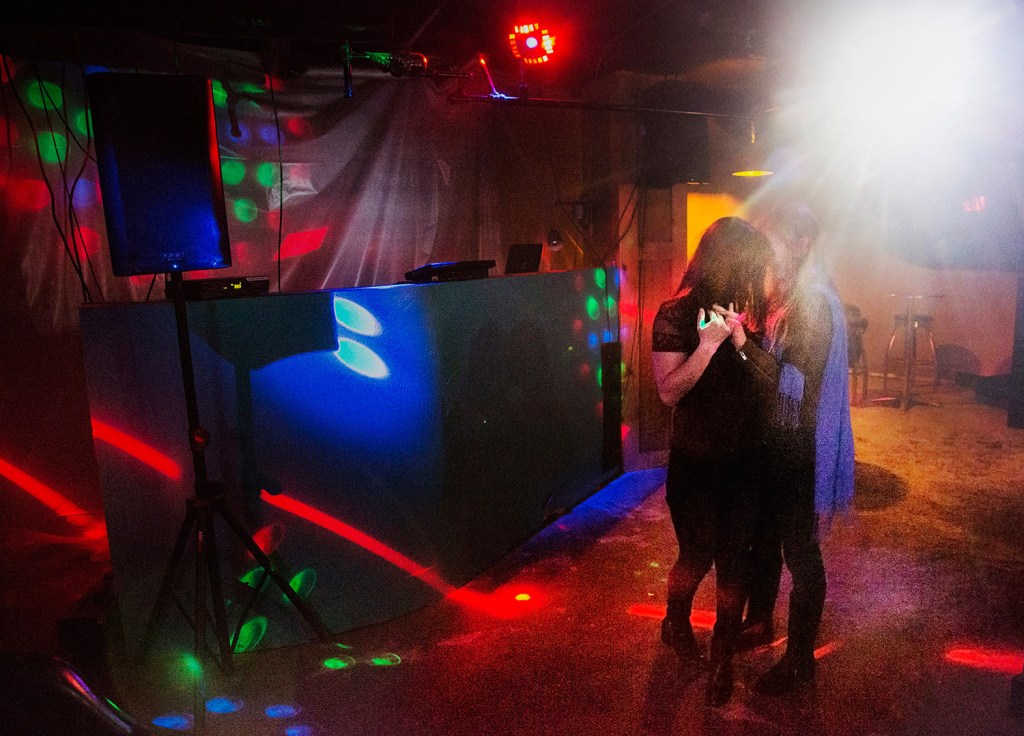

Success. Please wait for the page to reload. If the page does not reload within 5 seconds, please refresh the page.
Enter your email and password to access comments.
Hi, to comment on stories you must . This profile is in addition to your subscription and website login.
Already have a commenting profile? .
Invalid username/password.
Please check your email to confirm and complete your registration.
Only subscribers are eligible to post comments. Please subscribe or login first for digital access. Here’s why.
Use the form below to reset your password. When you've submitted your account email, we will send an email with a reset code.